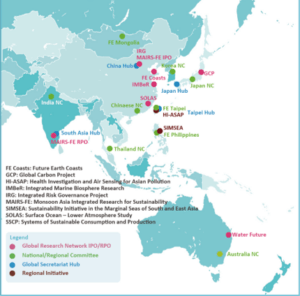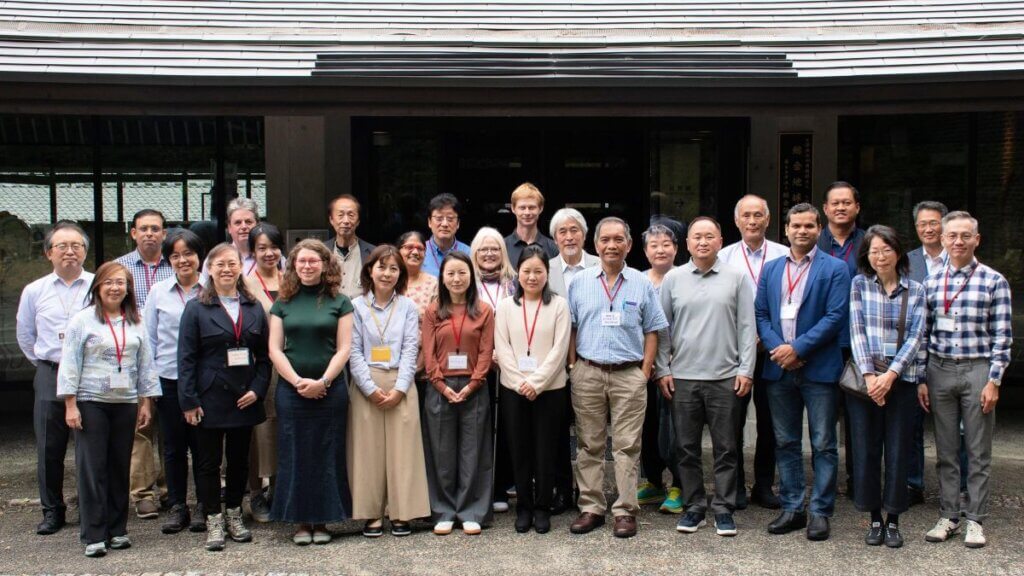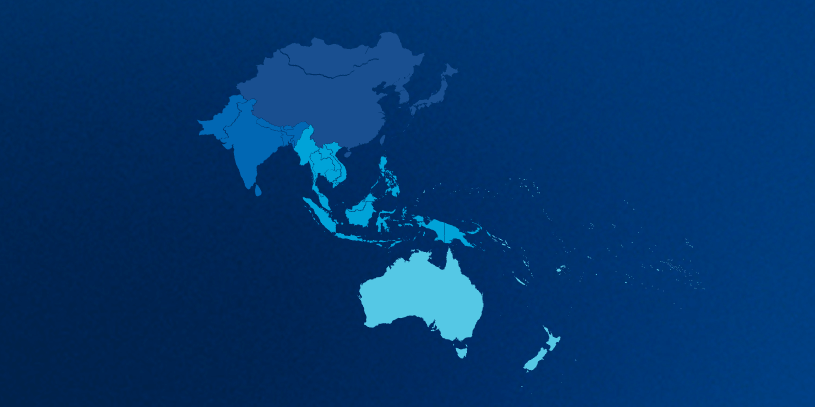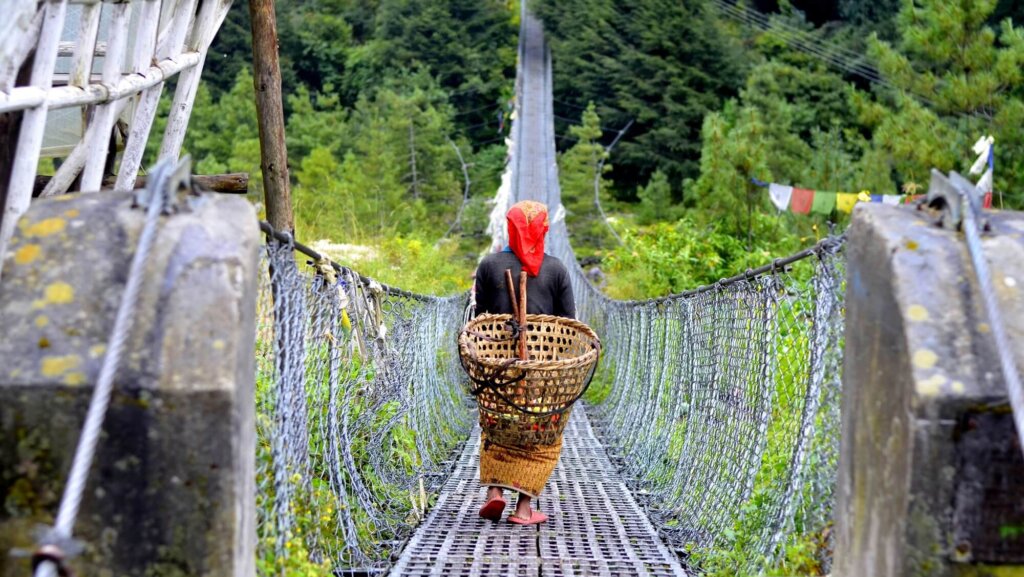Background Asia faces significant sustainability challenges, especially due to its large population, economic growth, and associated vulnerability of its socio-ecological systems to anthropogenic threats and...
Asia faces significant sustainability challenges, especially due to its large population, economic growth, and associated vulnerability of its socio-ecological systems to anthropogenic threats and climate change impacts. Despite efforts, many Sustainable Development Goals (SDGs) targets show insufficient progress and downward trends due to data gaps, complex system problems, inadequate resilience to extreme events, and gaps in critical capacity development. Lack of alignment among governments, communities, and stakeholders leads to a fragmented landscape that hinders effective collaboration.
The Meta-Network Hub Asia will address the critical challenge of optimizing the utilization of existing local resources for achieving the SDGs in Asia by harnessing the power of local science communities embedded within universities, colleges, and civil society organizations. By fostering collaboration and providing alignment, capacity-building, and interoperability support, the Meta-Network Hub Asia aims to enhance the productivity and impact of existing human, financial, institutional, and infrastructure resources.
A meta-network system will be co-designed and co-produced with key stakeholders to redefine the challenges and deliver socially robust ensemble models (currently unavailable) to detect and predict dynamic changes in the socio-ecological systems. It will support critical environmental decision-making through verified data-generating capacity, scenario building and continuously updated assessments of critical SDGs with analytics (risk, resilience, trade-offs) on a demand-and-issue basis.
The multi-scale network system will facilitate generating science-based knowledge, particularly, for data-scarce environments, collecting input from various monitoring sources, connecting computational models with hyper-resolution, nested, integrated resource and social-human-cultural behavioural frameworks, and qualitative narratives. The science mission aims to work across various scales: regional (Asia), sub-regional (South Asia, East Asia) and local scale (Philippines as a pilot site).
The Future Earth Asia Regional Committee (FE-Asia) revitalized in June 2023, builds from a strong legacy of research and experience working deeply and across Asia with members from Future Earth National Committees in Australia, China, India, Korea, Japan, Mongolia, Philippines, Taipei, Thailand and regional networks focused on land (GLP-Japan), atmospheric science (ILEAPS-Korea), marine (SIMSEA), integrated sustainability research (MAIRS-RPO), health and pollution (HI-ASAP) and water (Water Futures Program). FE-Asia aims for international collaboration to address interconnected sustainability challenges, unpacking interactions between social, economic, and environmental systems. It seeks solutions that are systems based, locally actionable, and transformative to advance the SDG agenda. FE Asia will be the core networks from which the MHA will be built.

 news
news
 events
events
 events
events
 publications
publications
 publications
publications
 publications
publications